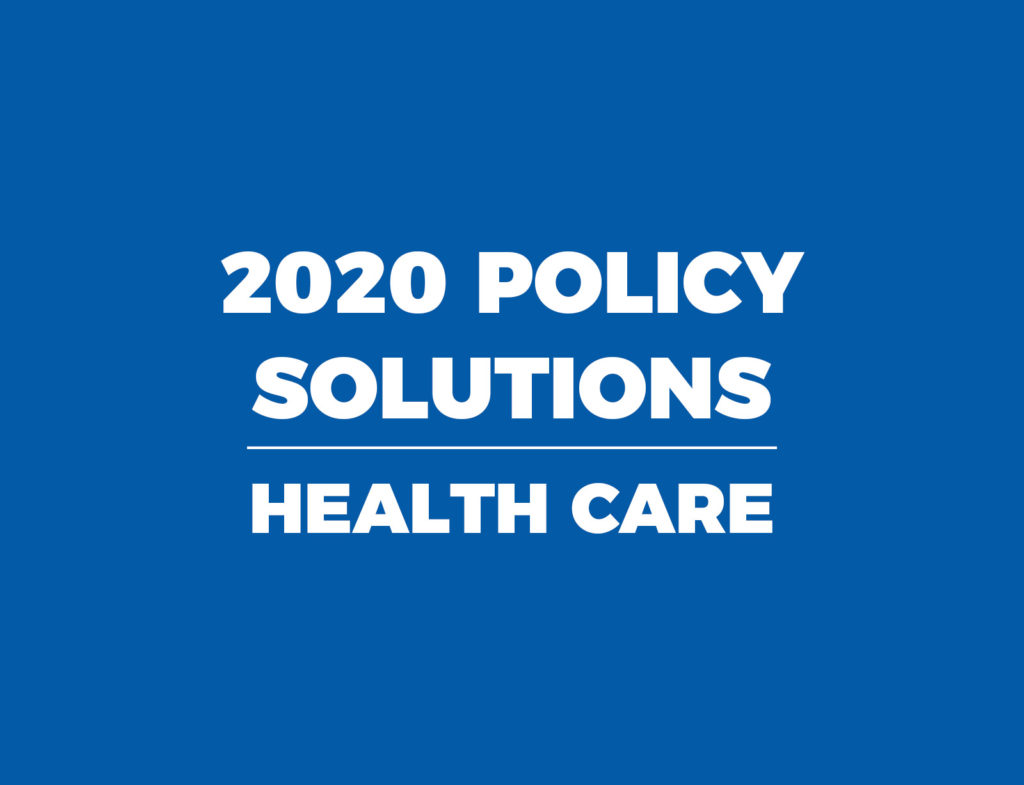Introduction
Updated as of January 2020.
Association health plans (AHPs) are a type of group health plan in which a business or trade association offers health insurance benefits to its member employers. AHPs allow groups of small businesses or self-employed owners to group together for the purpose of purchasing health insurance through their association, thereby leveling the playing field between small-group and large-group plans when it comes to both cost and benefits.
This wasn’t always the case. When the Affordable Care Act, also known as Obamacare, was implemented, it separated the insurance market into the “large-group” market and the “small-group and individual” market. The large-group market and small-group markets are regulated differently. Small-group plans have to abide by all of the insurance regulations placed on plans sold in the Obamacare exchanges. Large-group plans are usually self-insured, which means they don’t have to comply with community rating, health benefit mandates, and other Obamacare regulations that add expenses to the bottom line.
In 2011, to push as many people as possible into the small-group market, and thus subject them to Obamacare requirements, the Obama administration made it almost impossible for AHPs to form.
However, the rules have now changed. Through an executive order, the Trump administration ordered the Department of Labor (DOL) — which oversees the enforcement of employer benefits — to broaden the access to, and use of, these plans.
The new Trump administration guidance made it much easier for groups of small employers to meet the requirements of an AHP in two ways under the Employee Retirement Income Security Act (ERISA). First, a group of small business and self-employed owners in the same geographic area would be considered a “bona fide” group employer. Second, a group of employers in the same industry would be considered a “bona fide” group and a large group under ERISA. Large-group plans still have to comply with all the state regulations for these type of plans in the states in which they are located.
Before the Trump administration’s rule change, self-insured AHPs were governed by a “look through” doctrine. The law “looked through” the association providing benefits and viewed the employee members as individuals who were, therefore, subject to the small-group and individual market requirements.
Key Facts
- Small businesses almost always pay more for health care because of their size compared to large businesses. A study done by the National Conference of State Legislatures found that small businesses could decrease their premiums by 8 to 18 percent if they were allowed to purchase health insurance as a large group.
For individuals who struggle to afford health coverage or are uninsured, AHPs may offer a more affordable alternative. A study conducted by the Foundation for Government Accountability found that up to 110,000 North Carolinians could join an association health plan. - Land O’Lakes launched a multi-state Cooperative Farmer Health Plan calling itself the first to do so after approval of the Trump administration’s new rules. Without burdensome mandates, the plan offered the 10 essential health benefits and broad network coverage. The plans offered were 20 to 30 percent cheaper than comparable plans on the Obamacare exchange.
- Opponents of AHPs claimed they would offer bare bones coverage in comparison to Obamacare plans. However, the first plans to be sold under this new rule offered a variety of different plan options, each of which covered all Obamacare essential health benefits, prescription drugs, maternity care, and mental health and substance abuse treatment.
- Opponents of AHPs also claimed consumers would lack adequate protections. Yet, these plans must follow the same rules that apply to plans currently being sold on the large-group market. These plans cannot deny coverage based on pre-existing conditions, cannot cancel coverage if someone becomes ill, and must abide by all other health care discrimination protections.
Recommendations
- Amend North Carolina’s insurance codes to allow for small businesses and self-employed owners to band together and be treated as a large-group insurance plan. If the North Carolina General Assembly and Department of Insurance would allow association health plans to operate with more flexibility and offer more consumers a lower-cost health benefit plan that still includes various consumer protections, more small employer groups may begin forming their own plans.



